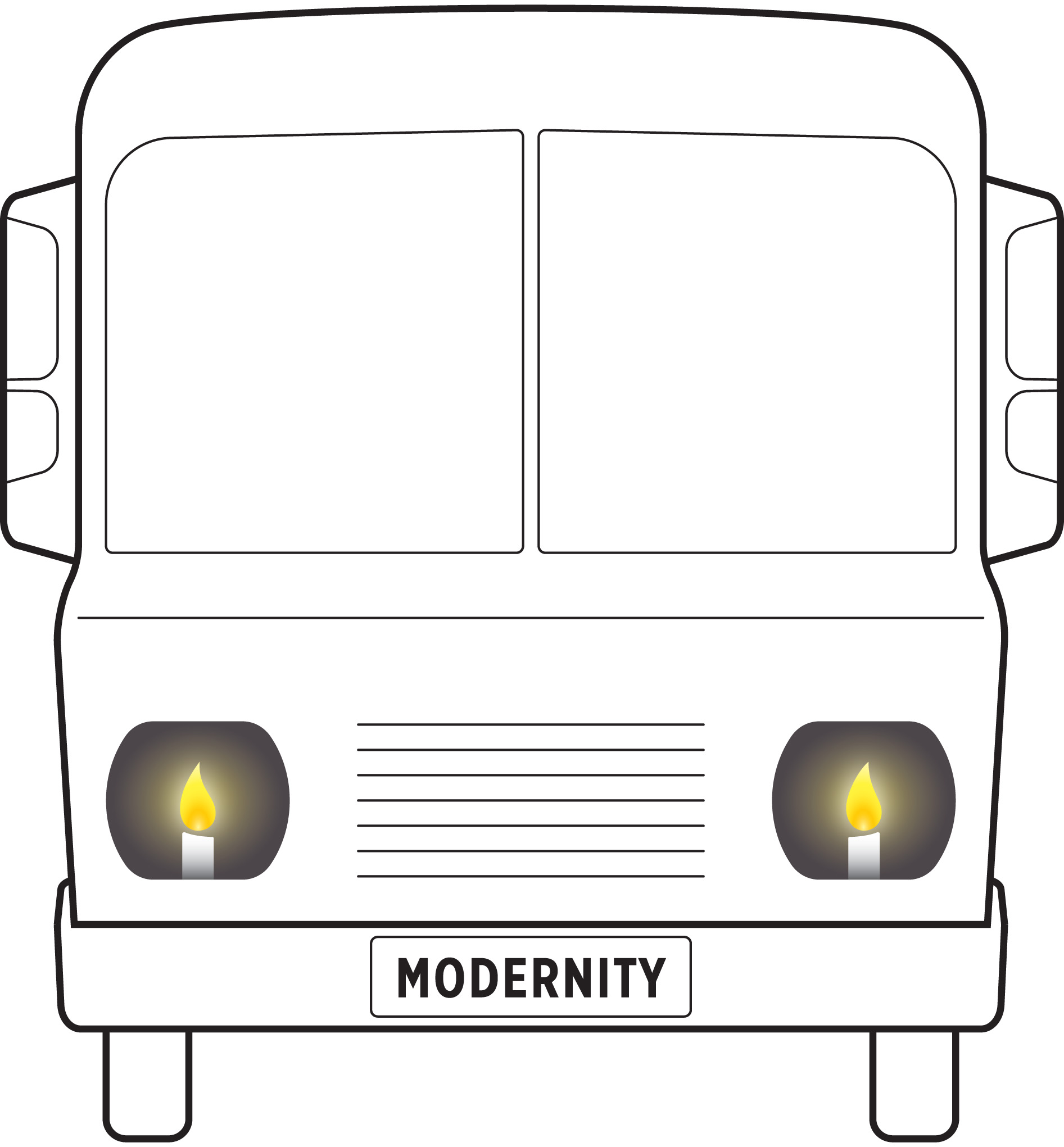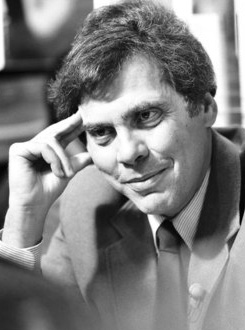Difference between revisions of "Old Holotopia"
m |
m |
||
| Line 19: | Line 19: | ||
<div class="col-md-3"><h2>We need new 'headlights'</h2></div> | <div class="col-md-3"><h2>We need new 'headlights'</h2></div> | ||
<div class="col-md-7"><h3>The way we see the world</h3> | <div class="col-md-7"><h3>The way we see the world</h3> | ||
| − | + | <p>The COVID-19 crisis and its fallout reminded us once again of the connectedness and the vulnerability of the human world. And of the importance of those 'headlights'. This crisis was still a relatively minor disturbance—compared to the <em>irreversible</em> changes that are expected to result from, for instance, the climate change. Shall we, in the absence of true understanding, resort to age-old scapegoating and blamede "the lazy people on welfare", the immigrant workers, the 1%, the blacks or the whites? Or shall we see our situation in a way that will empower us to resolve it truly, by finding a <em>new</em> course?</p> | |
| − | <p>The COVID-19 crisis and its fallout reminded us once again of the connectedness and the vulnerability of the human | ||
| + | <h3>We have 'candles' as 'headlights'</h3> | ||
| + | <p>How exactly this happened is illuminating, and we must return to it, however briefly.</p> | ||
| + | <p>Around the middle of the 19th century, our society began to change by a landslide: Our countries became democracies; our worldview became scientific and secular; our lifestyle became mechanized and modern. Everything changed—and then for about a century remained frozen!</p> | ||
| + | <p>During that century, the academic understanding of core issues of course continued to evolve. Our academic understanding of issues not only remained confined to their disciplines, but those disciplines also grew, and got fragmented into subspecialties, which lost contact with one another. The result is that <em>entire academic fields</em> have failed to communicate to the rest of the world even the most <em>basic</em> facts, which give them the reason for existence. The schism between the academic and the popular view of the world widened and deepened, so that today they have practically no resemblance</p> | ||
| + | <p>Massive academic publishing made things worse.</p> | ||
| + | <p>And so did the emergence of the new media. While we, academics, continued to talk to one another in small and hermetic communities, the new meda got coopted by commercial and superficial actors. </p> | ||
| − | |||
| − | |||
| − | |||
| − | |||
| − | |||
| − | |||
| − | |||
| − | |||
| − | |||
| − | |||
| − | |||
| − | |||
| − | |||
| − | |||
| − | |||
| − | |||
| − | |||
| − | |||
| − | |||
| − | |||
| − | |||
| − | |||
| − | |||
| − | |||
| − | |||
| − | |||
| − | |||
| − | |||
| − | |||
| − | |||
| − | |||
| − | |||
| − | |||
| − | |||
| − | |||
| − | |||
</div> </div> | </div> </div> | ||
| Line 64: | Line 33: | ||
<div class="col-md-3"></div> | <div class="col-md-3"></div> | ||
<div class="col-md-6"> | <div class="col-md-6"> | ||
| + | <p>Here is how [[Neil Postman]] described the situation that resulted: | ||
<blockquote> | <blockquote> | ||
"The tie between information and action has been severed. Information is now a commodity that can be bought and sold, or used as a form of entertainment, or worn like a garment to enhance one's status. It comes indiscriminately, directed at no one in particular, disconnected from usefulness; we are glutted with information, drowning in information, have no control over it, don't know what to do with it." | "The tie between information and action has been severed. Information is now a commodity that can be bought and sold, or used as a form of entertainment, or worn like a garment to enhance one's status. It comes indiscriminately, directed at no one in particular, disconnected from usefulness; we are glutted with information, drowning in information, have no control over it, don't know what to do with it." | ||
| Line 69: | Line 39: | ||
</div><div class="col-md-3">[[File:Postman.jpg]]<br><small>Neil Postman</small></div> | </div><div class="col-md-3">[[File:Postman.jpg]]<br><small>Neil Postman</small></div> | ||
</div> | </div> | ||
| + | |||
| + | <!-- OLD | ||
<div class="row"> | <div class="row"> | ||
Revision as of 09:04, 15 June 2020
Contents
Holotopia
Starting anew. For the old text see Old Holotopia.
Imagine...
You are about to board a bus for a long night ride, when you notice two flickering streaks of light emanating from two wax candles, placed in the circular holes where the headlights of the bus are expected to be. Candles? As headlights?
Of course, the idea of candles as headlights is absurd. So why propose it? Because on a much larger scale this absurdity has become reality.
By depicting our society as a bus without a steering wheel, and the way we look at the world and try to comprehend it and handle it as a pair of candle headlights, the Modernity ideogram renders the essence of our contemporary situation.
We need new 'headlights'
The way we see the world
The COVID-19 crisis and its fallout reminded us once again of the connectedness and the vulnerability of the human world. And of the importance of those 'headlights'. This crisis was still a relatively minor disturbance—compared to the irreversible changes that are expected to result from, for instance, the climate change. Shall we, in the absence of true understanding, resort to age-old scapegoating and blamede "the lazy people on welfare", the immigrant workers, the 1%, the blacks or the whites? Or shall we see our situation in a way that will empower us to resolve it truly, by finding a new course?
We have 'candles' as 'headlights'
How exactly this happened is illuminating, and we must return to it, however briefly.
Around the middle of the 19th century, our society began to change by a landslide: Our countries became democracies; our worldview became scientific and secular; our lifestyle became mechanized and modern. Everything changed—and then for about a century remained frozen!
During that century, the academic understanding of core issues of course continued to evolve. Our academic understanding of issues not only remained confined to their disciplines, but those disciplines also grew, and got fragmented into subspecialties, which lost contact with one another. The result is that entire academic fields have failed to communicate to the rest of the world even the most basic facts, which give them the reason for existence. The schism between the academic and the popular view of the world widened and deepened, so that today they have practically no resemblance
Massive academic publishing made things worse.
And so did the emergence of the new media. While we, academics, continued to talk to one another in small and hermetic communities, the new meda got coopted by commercial and superficial actors.
Here is how Neil Postman described the situation that resulted:
</div>"The tie between information and action has been severed. Information is now a commodity that can be bought and sold, or used as a form of entertainment, or worn like a garment to enhance one's status. It comes indiscriminately, directed at no one in particular, disconnected from usefulness; we are glutted with information, drowning in information, have no control over it, don't know what to do with it."
</div>


